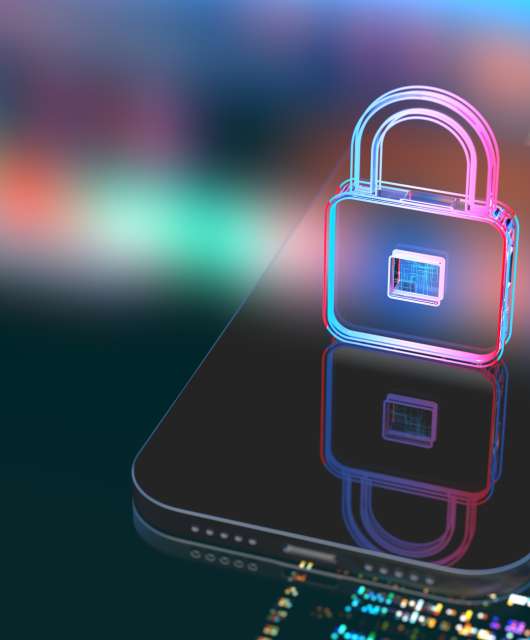We often talk about the cybersecurity risks that companies can be exposed to through their own Internet connections, but the truth is that most of the time, the employees themselves tend to be the weakest link in the company.
And the fact remains that there are several things that employees may do every day that could well lead to serious security breaches. That’s why it’s a good idea to be up to speed with the threats you could be facing, and to be responsible when managing the tools that are used to handle the company’s information.
Be careful with public WiFi
Although this habit is probably one of the most widespread among the majority of employees, it’s also one of the least advisable. These days we struggle between wanting to consume more content and trying to use less data. This means that finding a totally or partially open Wi-Fi connection can seem like a godsend, especially for someone needing to do something work-related, such as connect to the company’s internal network, send large files, log on to platforms that consume a lot of data, and so on.
However, using public WiFi can really put your company’s cybersecurity at risk. When in use, this connection can expose the user to possible intruders who, with a bit of social engineering, could gain access to the employee in question’s data: usernames and passwords, or confidential company information, to name but a few. Stealing information through open WiFi connections isn’t as difficult as you might expect, so it’s best not to trust them to keep you safe.
How to avoid it
To avoid this kind of risk, it’s absolutely essential that employees avoid using open WiFi connections wherever possible. In the rare case that an employee has no choice but to use a connection of this type, they should do so with a VPN that can protect their data, and, more importantly, any sensitive information that they may have on their device, thereby minimizing the possible risks.
Phising, malware, and intrusions
The endless back and forth of emails is a constant in almost every type of company, which can entail certain risks. One clear example of this is the tech support scam: an employee receives an email in which they are asked for certain data, with the pretext of needing to solve some kind of technical problem. The employee is asked for certain information, which then ends up in the hands of someone who can jeopardize the whole company’s cybersecurity.
But this isn’t the only case. A cybercriminal can also send an email impersonating another employee, with an attachment that could be invasive, steal data from the computer, or even spy on and monitor the activity carried out on the device.
Mobile apps can also pose a series of risks. If an employee is in the habit of using their personal phone to handle company data and information, managing apps improperly could give rise to problems, especially if access is granted to unofficial apps that, in the same way as malware, get hold of the information stored on the phone, spy on it, or even modify its operation guidelines.
How to avoid it
The key thing here is raising awareness about corporate cybersecurity: every company must make sure its employees know the importance of being responsible with emails and the apps on their phones. In the case of the latter, they should only be downloaded from operating systems’ official stores.
On the other hand, it’s important for companies to have ransomware insurance, and encryption on their company email. This way, as well as avoiding possible intruders, if someone does manage to gain unauthorized access to the IT system, confidential information will be better protected, and the company’s cybersecurity won’t be compromised. If you want a tool that can help you to avoid unwanted visitors, you can try Panda Adaptive Defense, the tool that will help you to batten down the hatches of your company’s IT security. Panda’s advanced cybersecurity solution allows you to stay ahead of attacks, even before they happen, limiting the risks stemming from everyday tasks that employees carry out without thinking.





